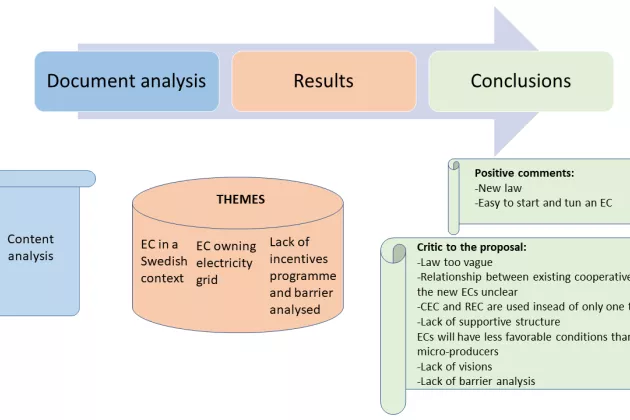Local flexibility markets (LFM) help to manage peak demand and congestion in the electricity grid. They are designed to function around market principles, where the owner of the flexibility resource can offer a certain level of their flexibility at a certain time and price as a bid to the market. The market mechanisms then decide whether the bid is accepted or not. In this brand-new article, the perspectives of the flexibility service providers in two LFMs in Sweden are examined. These state-of-the-art LFMs were part of the Horizon 2020 project called “CoordiNet”. Through 25 in-depth interviews with enrolled, and also potential, flexibility providers we found what drives their participation. We also studied what restricts their participation. What we found was that monetary incentives were not as important driver as predicted. Other drivers were: an aggregator acting as a mediator; champions in the organizations; ambition to contribute to the congestion in the grid and make social good; and gaining knowledge about flexibility as a resource for the future. The main barriers were that it is challenging to understand how the LFM is designed and exactly how it functions, as well as; regulations; manual and time-consuming processes; it not being profitable enough; interference with the companies’ core business; and the risk of compromising customer relationships. We conclude that it is important to simplify participation and contribute to establishing aggregators who support the flexibility service providers.
Read the article here.





